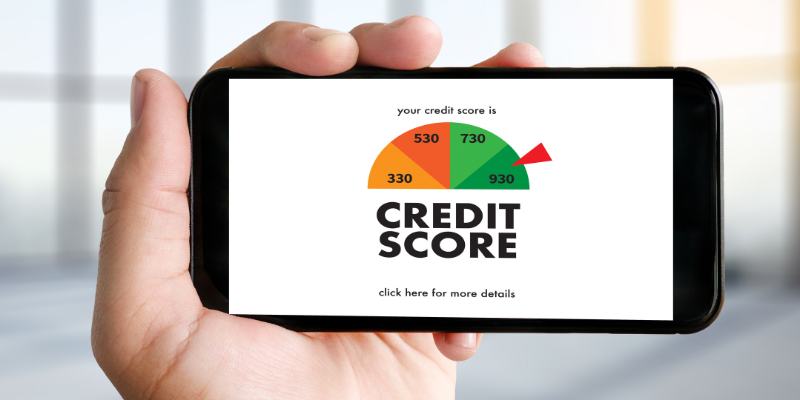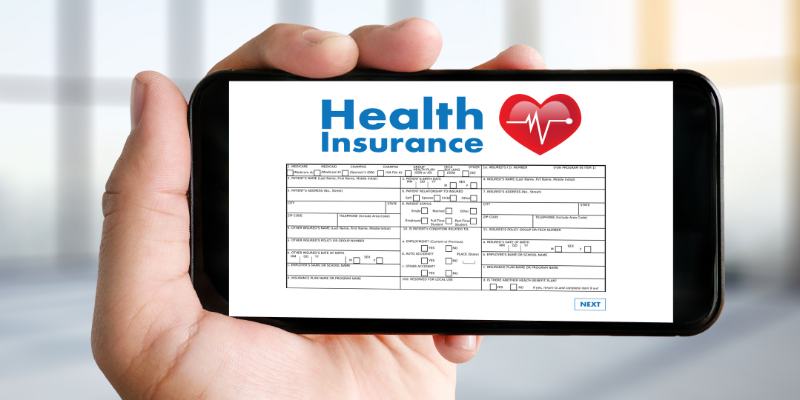Medical Debt And Its Effect On Your Credit Score
Have you ever considered the effect medical debt has on your credit score? Medical bills that are difficult for many individuals to pay right away can significantly impact their credit. Given that medical expenses are now one of the primary sources of financial Stress, it is critical to comprehend how these debts affect your credit and how to handle them properly.
This article will go over how medical debt may impact your credit score and how to reduce its adverse effects.
What Impact Does Medical Debt Have On Your Credit?
Unpaid or collected medical debt can directly affect your credit score. But it only sometimes has an instant impact on your score. Suppose a medical provider transfers an unpaid account to a collections agency. In that case, it may show up on your credit record even though they usually do not report it directly to credit bureaus. Your credit score may decline depending on the debt amount and the time it has been past due.
Impact Of Medical Debt On Your Credit Score

Although not always as bad as other forms of debt, medical debt can substantially influence your credit score. Although the impact is usually less severe and lasts as long as delinquent loans or credit card bills, it can nevertheless result in a discernible decline in your credit score. The amount of debt you owe, the time it has been past due, and whether or not it has been recorded to the credit agencies all affect how severe the impact will be.
For instance, a past-due medical bill might lower your credit score by 50 to 100 points, depending on the situation. Over time, however, your credit score may rise if you settle or pay the debt, mainly if your credit record shows the account as "paid" or "settled."
The Impact Of Medical Debt On Your Credit Report
Your financial well-being may suffer in the long run if medical debt appears on your credit record. Medical debt sent to collections may lower your credit score since it is frequently recorded as a collection account. Even if you pay off these accounts, they may still appear on your credit record for up to seven years.
The credit bureaus may disclose your medical debt, impacting your eligibility for credit cards, mortgages, and loans. Your application may be rejected more often if lenders perceive your unpaid medical debt as evidence that you cannot handle your financial responsibilities.
The Role Of Health Insurance In Medical Debt

Medical debt may occasionally result from differences in insurance coverage, incorrect invoicing, or insurer payment delays. The expense may be yours if your insurance carrier has rejected coverage or has yet to pay a claim. In these situations, you must contact and cooperate with your insurance company to find a solution. Your credit score may be impacted if unpaid debt is placed in collections.
When an insurance disagreement results in medical debt, you can contest the amount or have it deleted from your credit record when the dispute is settled. You may fix these problems and safeguard your credit score by collaborating with your insurance provider or a medical billing advocate.
How To Protect Your Credit And Handle Medical Debt?
There are several tactics you may employ if you have medical debt to lessen the harm to your credit score:
Talk to Your Healthcare Provider: Speak with your healthcare provider directly about your alternatives for payment. Several providers give payment plans or reductions for patients with financial difficulties. By cooperating with them, you may stop the debt from going to collectors and affecting your credit.
Examine Medical Debt Forgiveness Programs: Several medical facilities and providers provide low-income consumers with debt forgiveness options. You may be eligible for debt reduction or forgiveness if you fulfil specific requirements.
Keep an Eye on Your Credit Record: Check your credit record frequently to ensure your medical debt appears accurately. You may dispute any inaccuracies you uncover with the credit bureaus to ensure your report has accurate information.
Think About Credit Counselling: If you are having trouble paying off your medical debt, you should consider getting assistance from a credit counselling organization. They may assist you with making a strategy to pay off your debts, negotiating with creditors, and creating a budget.
When Is Your Credit Score Unaffected By Medical Debt?
Medical debt may never appear on your credit record if you pay your expenses promptly and handle them carefully. As previously stated, most healthcare providers only notify credit bureaus about debt once it is forwarded to collections. Therefore, you can prevent any harm to your credit score if you cooperate with the provider to resolve the problem or pay it off.
Furthermore, if the medical debt is cleared and reported as paid, your credit record can reflect a more favourable conclusion, gradually improving your credit score.
Conclusion: How To Protect Your Credit And Handle Your Medical Debt
To safeguard your financial well-being, you must comprehend how medical debt affects your credit score. You may lessen the effect of medical debt on your credit score by being proactive, coordinating with your healthcare providers, and keeping an eye on your credit record. Do not worry if you already have medical debt on your credit record; there are things you can do to fix it and gradually raise your credit score.
Effective management of medical debt and credit score protection is possible if you remain educated and take the right actions.
Related Posts
- Green Investments: How To Align Your Portfolio With Your Values
- How Much Are Land Taxes In Europe?
- Debt Consolidation: Benefits, Risks, And What To Consider
- 7 Effective Ways To Build Credit Using Your Credit Card
- Green Bonds: A Brief Guide to Read Before Investing
- Top 5 Strategies To Legally Reduce Taxes On Rental Income